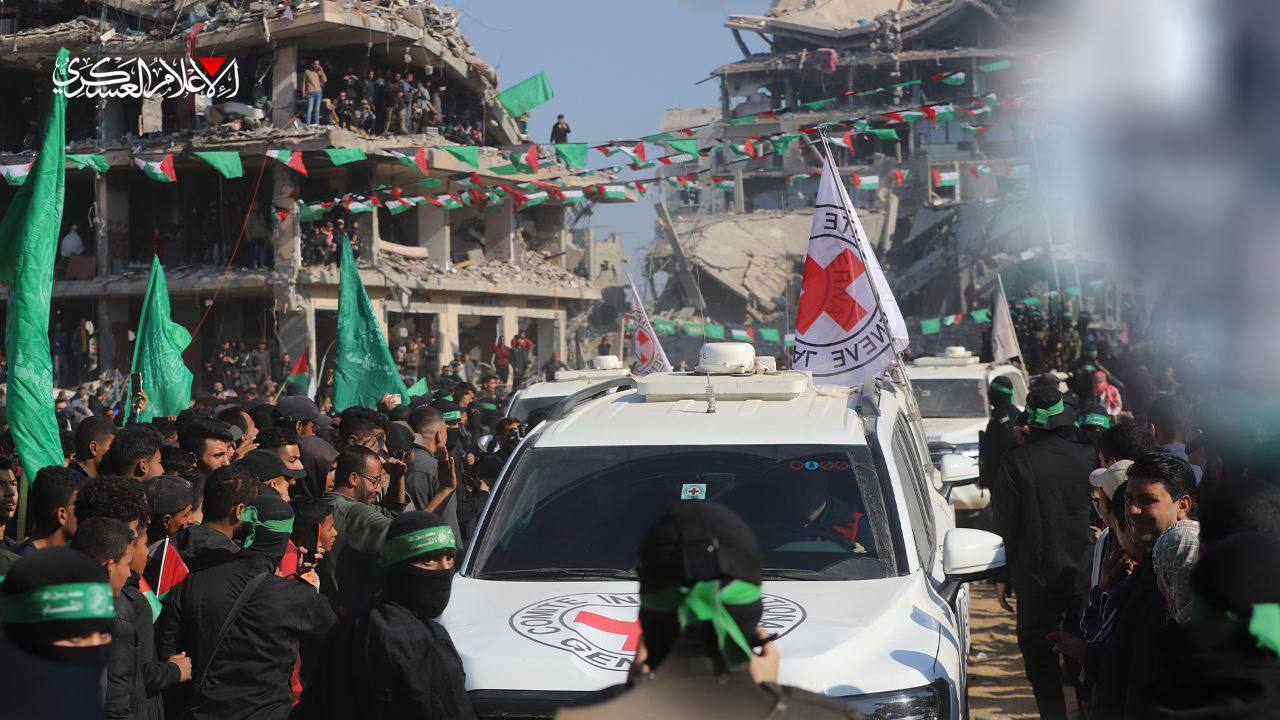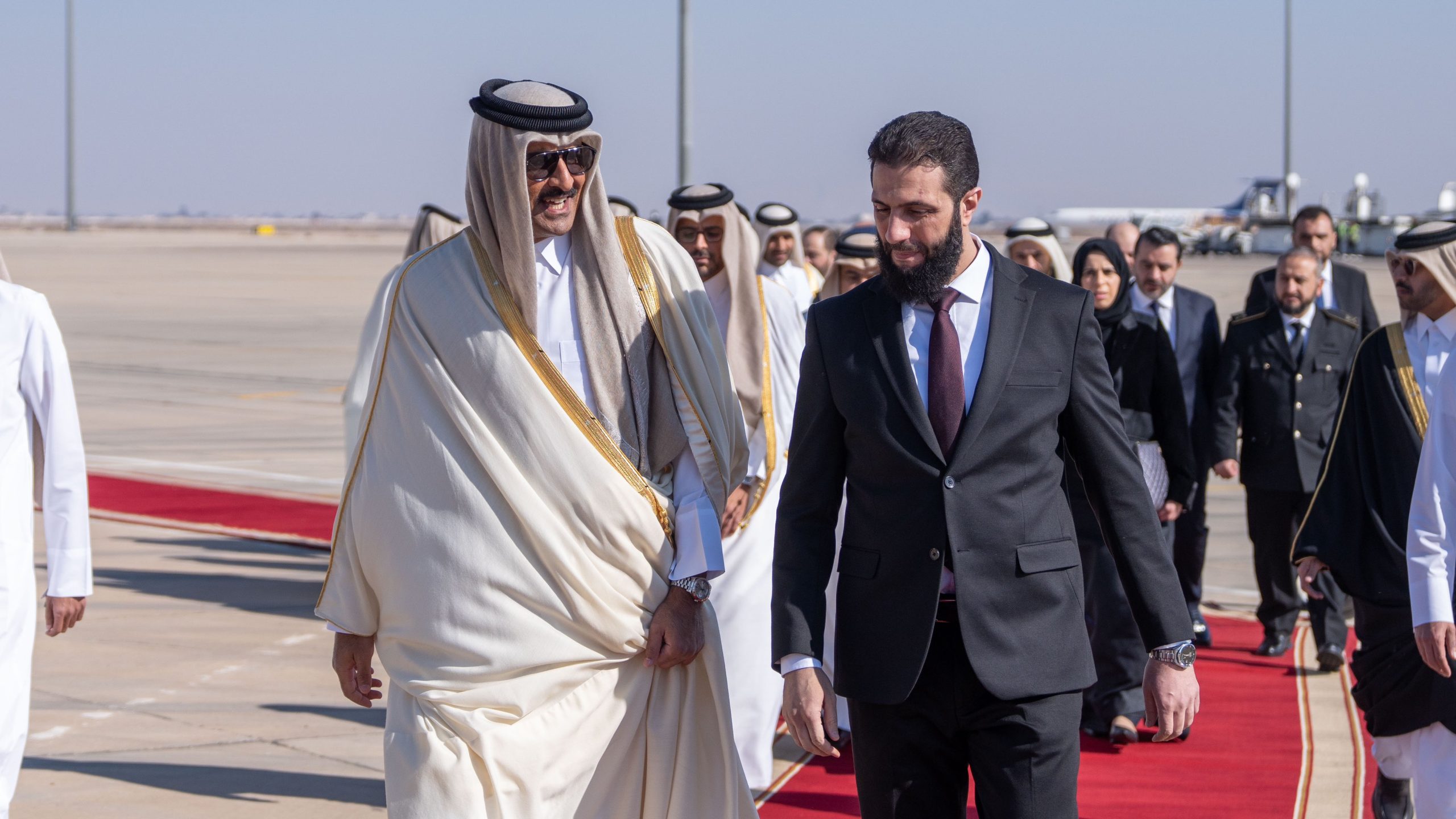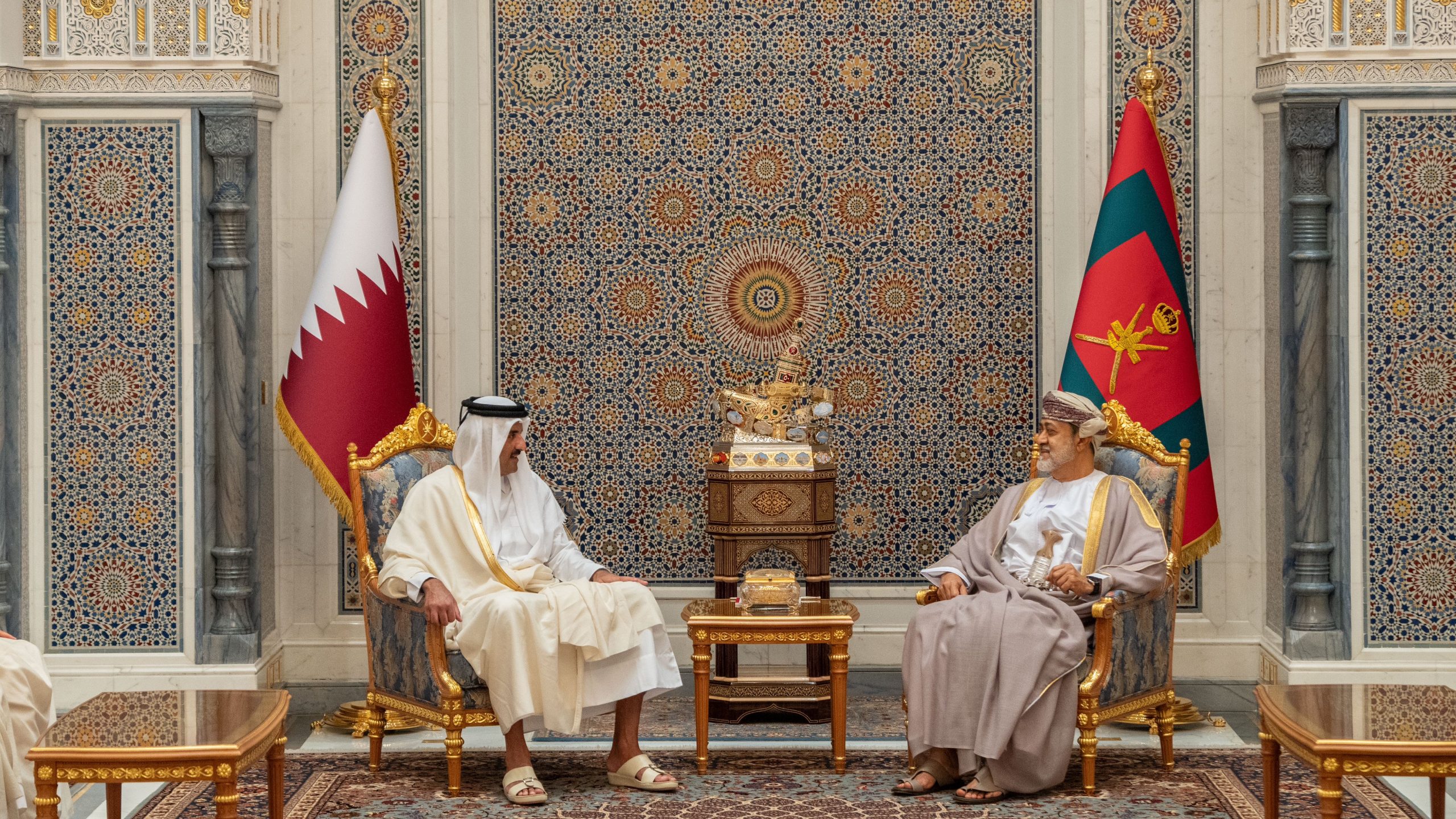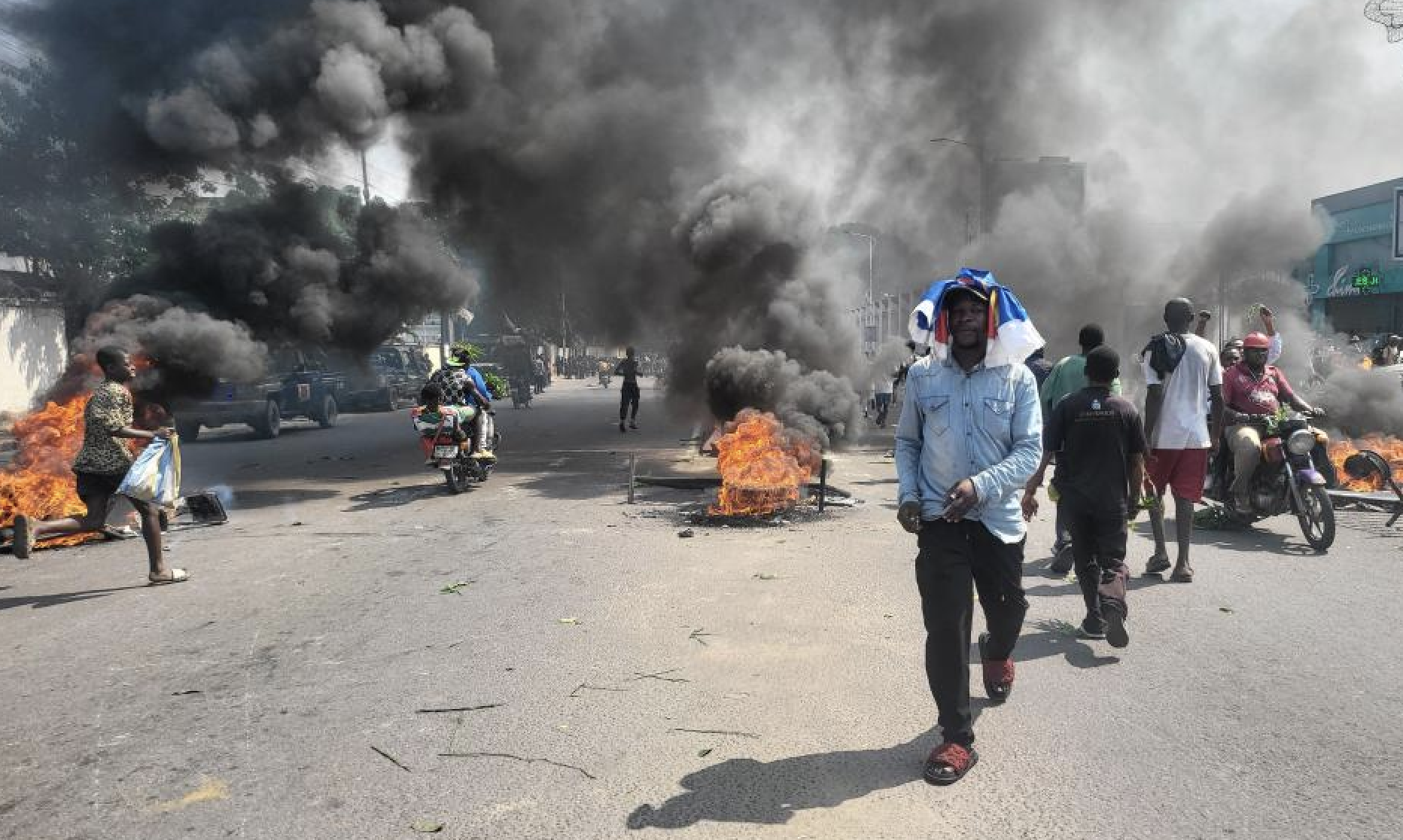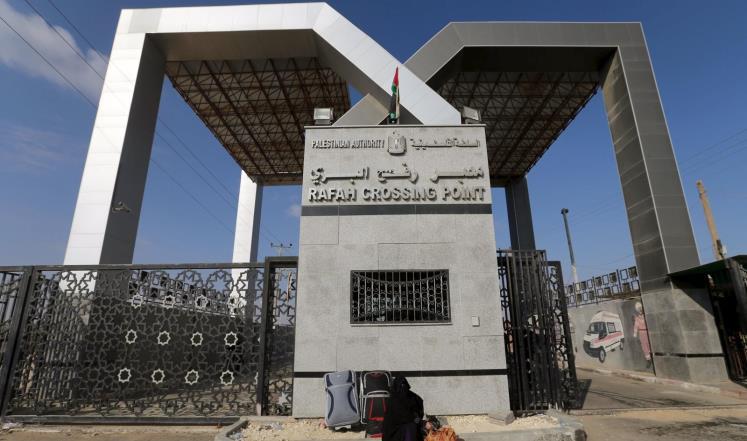The return of the UAE’s envoy to Tehran has also raised questions over the former’s ties with Israel, which have witnessed exponential growth since 2020.
Talks in Vienna seeking to restore the 2015 nuclear accord have appeared to bear fruit more than one year on, in comparison to the first rounds of indirect US-Iran negotiations.
More recently, positive statements suggesting a deal is on the horizon have emerged by American, Iranian and p4+1 officials, indicating that a proposal is being finalised following mediation from Qatar.
The progress in Europe coincides with warming ties between countries of the Middle East. On Sunday, the UAE announced the return of its envoy to Tehran for the first time in six years.
Speaking to Doha News, Dr. Imad Harb, Director of Research and Analysis at the Arab Center Washington, DC, said there is an obvious link between the nuclear talks progress and the UAE’s move.
“The Gulf countries have to deal with the issue in a way that serves their national interests. If the United States and European countries reach an agreement with Iran that sticks and is effective in curbing Iran’s bad behaviour in the region, they have no choice but to have good relations with Tehran,” said Dr. Harb.
In 2016, the UAE joined Saudi Arabia in severing ties with Iran after the storming of the Saudi embassy in Tehran following the execution of Shia cleric Nimr Al-Nimr.
However, ties appeared to begin warming last year following diplomatic exchanges between Saudi and Emirati officials with Iran.
The latest such conversation took place last month between the UAE’s Foreign Minister Sheikh Abdullah bin Zayed and his Iranian counterpart Hossein Amirabdollahian, who noted efforts to boost ties.
“Both the UAE and Saudi Arabia have been vulnerable to the ways in which Iran has lashed out in the past and this will remain the case moving forward irrespective of the JCPOA’s fate,”Giorgio Cafiero, CEO and founder of Gulf State Analytics, told Doha News.
Amirabdollahian’s phone call came after a lull in fighting between the Saudi-led coalition, which involves the UAE, and the Iran-backed Houthi rebels in Yemen.
Extended this month, the ceasefire came after heightened tensions following Houthi attacks on sites in the UAE and Saudi Arabia.
In May, Amirabdollahian headed to the UAE, marking the highest level visit by an Iranian official to the Arab Gulf country since January.
The UAE and Iran have trade and business links that date back to more than a century.
Those ties existed even prior to the restoration of ties between the UAE and Qatar last year, which ended a four-year long GCC crisis. Abu Dhabi had at the time joined Saudi Arabia, Bahrain and Egypt in imposing an illegal air, land and sea blockade on Doha.
Among a list of key demands issued by the quartet at the time was the severance of ties between Qatar and Iran. Doha had rejected such demands and declared its independence and sovereignty as red lines. Meanwhile, analysts saw those demands as hypocritical given trade links between the UAE and Iran.
“The UAE always served as Iran’s door to the outside world and sending the ambassador now serves Abu Dhabi’s interest in being among the first countries of the Gulf to open good relations as Iran begins to open up to the world community,” noted Dr. Harb.
Meanwhile, Saudi Arabia held five rounds of talks with Iran, prompting positive statements from officials on both sides. On Monday, Tehran’s foreign ministry spokesman Nasser Kanaani expressed openness to hold further talks.
However, Cafiero believes the US Joe Biden administration could raise tensions with Tehran that could spill over into the region if the nuclear deal negotiations were to collapse.
“Emirati and Saudi officials want to make sure that if that unsettling scenario unfolds their countries would be out of harm’s way. Diplomatic engagement with the Islamic Republic is important to those efforts on the part of Abu Dhabi and Riyadh although it remains to be seen what will be the results of this diplomacy,” added Cafiero.
Dr. Trita Parsi, Executive Vice President at the Quincy Institute, told Doha News that the link between the Saudi Arabia and Iran rapprochement to the nuclear talks is not as clear cut.
“Over the last 48 hours, we seem to be hearing more negative signals from Riyadh, including threats to decrease oil production. It is not clear to me if the Saudis are seeking to sabotage the JCPOA or just hurt Biden economically at home, months before the crucial midterm elections,” noted Dr. Parsi.
UAE-Israel
Meanwhile, Israel a key and vocal opponent of the JCPOA’s revival, has been described as one of the biggest obstacles to the nuclear talks by analysts and Iranian officials.
For decades, Israel, which has nuclear weapons, has repeated claims that Iran is manufacturing a nuclear weapon.
This comes as part of Tel Aviv’s efforts to maintain military advantage in the region—ultimately ensuring that it can continue illegally occupying Palestine without any threat.
The recent return of the UAE’s envoy to Tehran has also raised questions over the former’s ties with Israel, which have witnessed exponential growth since the Abraham Accords were signed to establish ties in 2020.
“Abu Dhabi does not think that better relations with Israel automatically come at the expense of the UAE’s ability to foster better ties with Iran, nor vice versa…nonetheless, Israel is not content to see the UAE and Iran improve bilateral relations,” said Cafiero.
Under the Abraham Accord, brokered by the former US Donald Trump administration, the UAE and Bahrain normalised ties with the Zionist state. Sudan and Morocco later followed suite, despite global condemnation of the move.
The UAE has appeared to be carefully balancing its ties with Tehran and Tel Aviv as it attempts to maintain cordial ties in the region and beyond.
Dr. Parsi said: “The UAE can continue to develop commercial ties with Tel Aviv. But if the relationship takes on a stronger military dimension, the UAE will unwisely make itself an arena for the Israeli-Iranian rivalry and potential confrontation”.
JCPOA and the region
Western powers from the p4+1, including the UK, France, China, Russia plus Germany, have been holding indirect talks between Iran and the US to restore the 2015 accord.
While the word “soon” has been echoed by officials at the talks since last year, the negotiations do appear to be reaching a critical stage, with Iran now receiving a response from the US on the proposed text for the deal.
As a key mediator, Qatar stepped in to help all sides reach an agreement, most recently hosting two-day talks between parties to help kickstart re-engagement after months of stalemate.
“We think the JCPOA is an important agreement at least to make sure no nuclear race is happening in our region, but it also would be incomplete if it is not complemented with a regional security engagement with Iran, especially with the GCC and Iran,” said Qatar’s Foreign Minister Sheikh Mohammed bin Abdulrahman Al Thani in March.
The Gulf state has long voiced its support of the revival of the accord. Beyond regional stability, analysts believe the deal can help boost regional trade and economic cooperation while serving as a platform for dialogue to resolve issues that include Iran’s support of militias in the Arab world.
“If the parties find a way to revive the accord, the JCPOA could serve as a platform for negotiations involving many actors over non-nuclear issues that have fuelled much tension between the Islamic Republic and various countries,” said Cafiero.
However, analysts also believe that the restoration can be followed with tensions in the region, with Israel potentially becoming more aggressive towards Iran.
“But between Iran and the GCC, we will likely see an intensification of the ongoing diplomacy. Not all states will be happy, but most will recognise that the alternative to the JCPOA being renewed is much worse for the region,” explained Dr. Parsi.



